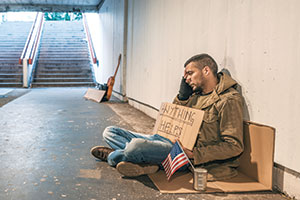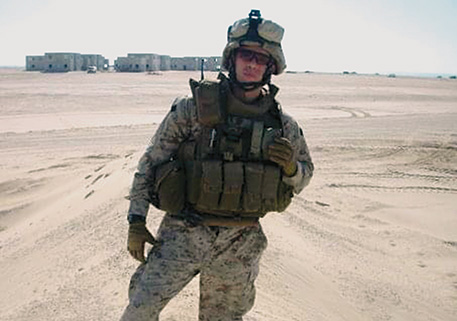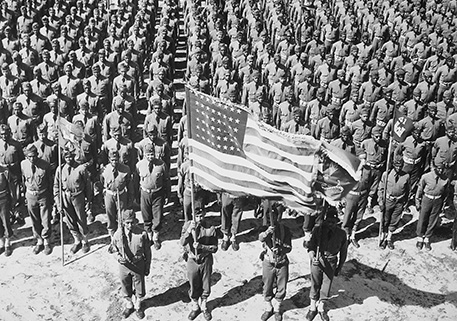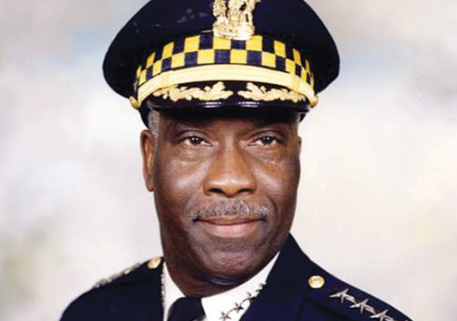 The number of veterans experiencing homelessness saw an uptick last year, according to an annual report released by the Department of Housing and Urban Development in March. Now, DAV has thrown strong support behind several pieces of draft legislation aimed squarely at reducing the number of unhoused veterans.
The number of veterans experiencing homelessness saw an uptick last year, according to an annual report released by the Department of Housing and Urban Development in March. Now, DAV has thrown strong support behind several pieces of draft legislation aimed squarely at reducing the number of unhoused veterans.
The report’s data was collected in January 2020, mere months before businesses nationwide were shuttered to slow the spread of COVID-19. On a single night that month, about 40,000 veterans were found to be homeless. Since then, many Americans have been experiencing financial burdens, reduced resources and housing instability due to the pandemic, and veterans are not immune.
“With the recent end of the federal eviction moratorium and the COVID-19 pandemic continuing to cause significant financial strain on families throughout the country, it is critical that we work together to help veterans who are experiencing or are at risk of homelessness,” said Rep. Mike Levin of California, chairman of the House Veterans’ Affairs Subcommittee on Economic Opportunity.
DAV testified before that panel during a hearing in September to consider a number of draft bills to strengthen resources for homeless veterans.
Associate National Legislative Director Anthony Lewis told the subcommittee that several factors could compound to cause problems with veteran employment.
“Post-deployment readjustment, substance use disorders or traumatic brain injuries make their participation in the workforce difficult, or even impossible, making [veterans] more likely to be homeless,” said Lewis.
Lewis said DAV vigorously supports legislation that would extend the Department of Labor’s Homeless Veterans’ Reintegration Program, the only federal grant to focus exclusively on competitive employment for homeless veterans. The draft bill would extend the program past its 2022 expiration date through 2025.
However, DAV is looking to increase funding for this program “above what is recommended in this draft legislation,” added Lewis.
Lewis also praised community- and faith-based nonprofit organizations for their contributions to reducing veteran homelessness and offered support for legislation that would provide a weekly stipend for child care for veterans using the Post-9/11 GI Bill.
“Child care assistance would remove a major obstacle for veterans, especially women veterans, as they attempt to regain their personal empowerment and economic independence,” said Lewis.
The reported increase in 2020 comes after a decade of slashing the homeless rates of veterans. From 2010 to 2019, the number of veterans reporting unstable housing decreased by more than 50%. Despite drastic reductions over the past 10 years, veteran homelessness remains overrepresented at about 8% of all homeless adults, despite just 6% of the U.S. population having served.
Learn more
Find updates on this and other veterans legislation by joining DAV CAN (Commander’s Action Network) at davcan.org.






